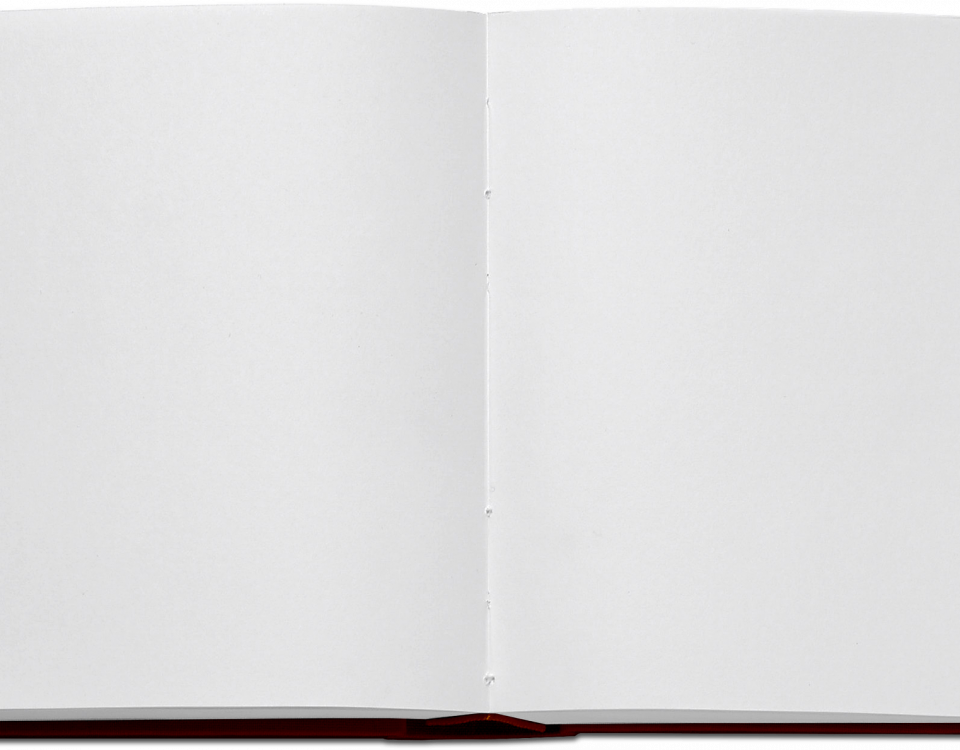How To End Writer’s Block In 5 Minutes

The Hard-To-Swallow Truth About Self-Publishing

How To Be An Expert In 5 Easy Steps
I’ve been writing for more than 30 years and I can’t remember when I’ve ever had writer’s block. I’m not saying I’m better than you, but I’d like to share how I kill this dreadful disease before I ever get it. I have a very simple exercise that I use to get into the writing frame of mind. You can use this exercise to get started whether you are writing fiction, a memoir, or a blog post.
How To STOP Writer’s Block Before It Ever Starts
The key to productive writing is to establish a routine. If you discover that your most productive time of the day is early morning, then get up an hour earlier each day to write. If your most productive time is late at night, then stay up to write. Make sure that you actually write and aren’t distracted by shiny objects.
It helps if you don’t just jump in right at the start. Get your mind ready by churning through ideas as you do menial chores in preparation.
For instance, if you’re the first one up in the morning, make the coffee. As you make the coffee, think about what you wrote about the day before. If you’re starting fresh, think about what you want to write about today. When you’re thinking about writing, think about your ideas – the stories, the characters, the setting, etc. What can you do to improve them?
You haven’t written anything yet, but your mind should be reeling by now. If not, pull up your laptop or your writing pad – whatever it is that you use to write with each day – and start writing. Stream-of-consciousness.
This exercise is not to be taken lightly. Don’t think about what you write or want to write. Just write. Get words on paper. It can be total gibberish, but get to writing. Just write about the first thing that pops into your head. Do it for five minutes. By the time you finish this exercise, you should be ready to get to your project and your head should be full of ideas.
Three Ways To Start With Brilliant Ideas
If you already know the direction of your story, blog post, etc., then it will be much easier to get into the writing frame of mind. That’s why using one of these three methods for getting started is the best way to combat writer’s block.
- Create An Outline – Some writers love outlines. Some loathe them. You can do this even if you loathe them. Make an outline of what you want to say or how you see your story playing out. You don’t have to stick with the outline. It’s just a guide. It’s there to give you something to write about if you can’t think of something better. If all else fails, pull up your outline when you sit down to write and start addressing the next outline item, picking up where you left off last.One method I’ve used in writing fiction is to write as far as I can write without an outline. Then, I go back to the beginning and create the outline of the story from beginning to where I am at the present moment. Then I write the outline for the rest of the story. That way, I don’t get “stuck.”
- Leave Off With Room To Spare – For long-form writing, such as novels and memoirs, stop writing at a place where it will be easy to pick up the next day. Stop when you know what’s going to happen next. This will make it easy to get in the groove when you come back to it. If you are ending a writing period at the end of a chapter, write a paragraph or two of the next chapter.
- Make A List – If you don’t want to write a full outline, just make a list of things you want to say. This is great for non-fiction – a blog post, for instance. Jot down a list of 5 or 10 things you want to bring out the next time you sit down to write. Write it on a sheet of paper and lay it on top of your laptop or writing pad at the end of your day’s writing session. When you come back to write again the next day, it will be the first thing you see and you can start writing. Throw the list away and make another one for tomorrow.
BONUS: Here’s a bonus plan. Create an editorial calendar. If you are writing a blog, create a schedule for what you will write about for the next month. If you writing a novel, put each chapter or scene on a calendar date – and be sure to stick to schedule.
You can even combine these methods. For instance, create an editorial calendar but make a list of items you want to address for your next writing session at the end of each writing period.
Happy writing!
Contact me through my contact form or
Call 717-253-2306


